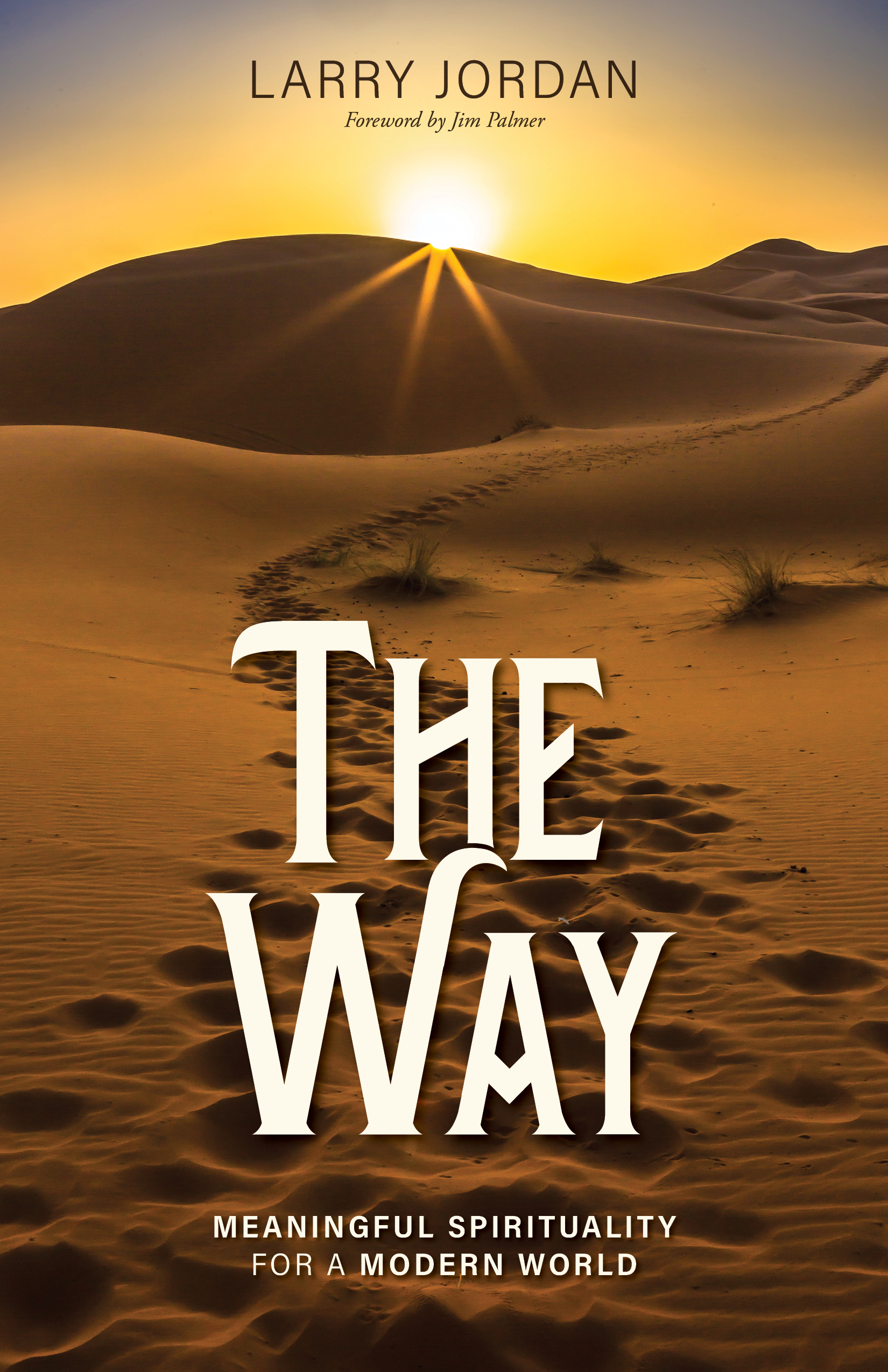If Not Christian Theism, Then What?
Sometimes, readers will ask me, "If you don't believe in a Supreme Being who creates the Universe and manages human affairs, then what do you believe?"
To me, the most fertile ground for religious imagination and spiritual practice is found between the extreme positions of embracing militant theism and embracing militant atheism. Many Christians want to embrace the loving teachings of Jesus, while rejecting some of the speculative beliefs, supernatural doctrines, and unkind practices of contemporary Christianity.
An increasingly popular alternative to theism is non-theism, which imagines God differently.
Many who DO believe in God DO NOT believe in the God of the Bible, and many who DO NOT believe in God DO believe in a higher power. Today, Christian authors write books like "Do I Stay Christian?" by Brian D. McLaren, who concedes that there are legitimate reasons to leave Christianity, and atheist authors write books like "Waking Up: A Guide to Spirituality without Religion" by Sam Harris, who emphasizes spiritual practice, rather than religious beliefs.
Some modern spiritual seekers imagine God as the ground of being, rather than as a being. Christian theologian Paul Tillich describes the ground of being as the "god above gods," the indescribable mystery that we can only partly understand when we describe God as a person.
Centuries ago, Christian mystic Meister Eckhart described this ground as the godhead. Perhaps this impersonal description of God is close to what the apostle Paul meant when he proclaimed, "In him we live and move and have our being.”
Similarly, some modern spiritual seekers imagine God as being present in everyone and everything, rather than as a Creator separate from creation. Here, the Universe exhibits Oneness or nonduality, not separation or duality. If there is no separation between God and humans, then there could be no original sin, no need for atonement, and no need for punishment.
The mystics (including Christian mystics) and many scientists (particularly quantum physicists) imagine God or the Universe as a field that we are immersed in, like a drop in the ocean or a thread in the fabric. The old physics is Newtonian, and the Universe is seen as separate objects. The new physics is quantum physics, and the Universe is seen as an interconnected field.
It is interesting that many mystics (including Christian mystics) typically encounter a presence, rather than a person—a nontheistic God, rather than a theistic God—when they seek Ultimate Reality.
I believe that Jesus embraced this impersonal, nondual understanding of God when he remarked, “The Kingdom of God is within you,” and that he realized the divinity in himself and all of us. That does not mean that Jesus or you or I are the creator of the Universe, but that we are all woven into the fabric of the Universe, like everyone and everything.
An impersonal, nondual understanding of God may suggest that the Universe is eternal, not created, and that the Big Bang was one of many big bangs in an eternal Universe that is always contracting and expanding. If there is Oneness or nonduality, rather than separation and duality, then God may be the Universe (pantheism) or God may extend past the Universe (panentheism.)
Is it any wonder that our post-modern children and grandchildren imagine God differently in the 21st century than our ancient ancestors imagined God in the 1st century? Is there any other business or field or profession that has not improved its understanding in the last 2,000 years?

